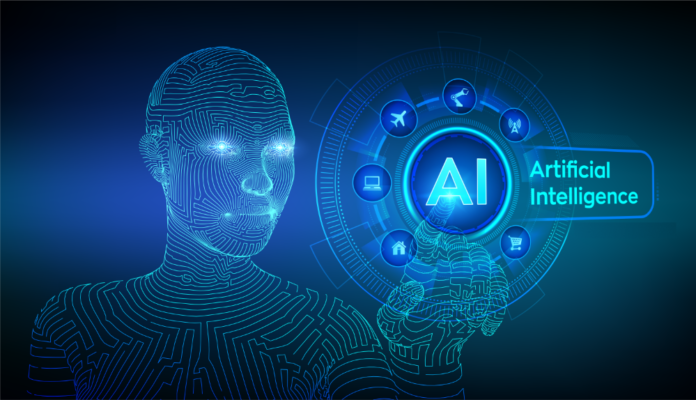Artificial intelligence (AI) has made significant strides in a variety of industries in recent years, and many have learned valuable lessons from its implementation. Here are just a few examples of what some industries have learned from AI:
- Healthcare: AI has the potential to improve patient care and reduce the workload on healthcare professionals. For example, AI can analyze medical images and help detect diseases, such as cancer, earlier and more accurately than humans. It can also assist with tasks such as analyzing medical records, scheduling appointments, and providing virtual consultations.
- Finance: AI has been used to analyze large amounts of data and make investment decisions, as well as to detect and prevent fraud. It has also been used to personalize financial products and services, such as recommending the best credit card or investment options for a particular customer.
- Retail: AI has been used in retail to personalize customer experiences, such as recommending products based on a customer’s previous purchases. It has also been used to optimize pricing and inventory management, as well as to improve supply chain efficiency.
- Manufacturing: AI has been used to improve the efficiency and precision of manufacturing processes, as well as to identify and solve problems in real-time. It has also been used to optimize production schedules and reduce waste.
- Transportation: AI has been used to improve the efficiency of transportation systems, such as by optimizing routes for delivery trucks and assisting with traffic management. It has also been used in self-driving vehicles, which have the potential to improve safety and reduce the need for human drivers.
Overall, industries have learned that AI has the potential to improve efficiency, reduce costs, and enhance decision-making. However, it is important to carefully consider the potential impacts of AI on jobs and to ensure that it is used ethically and responsibly.
